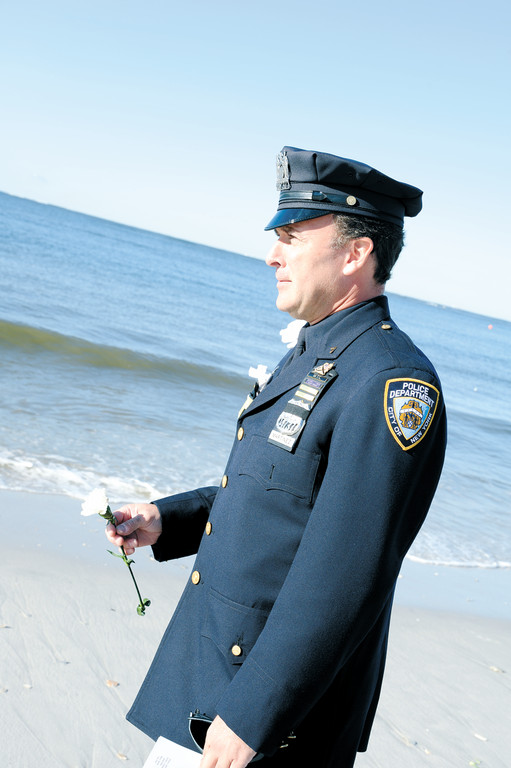Winthrop hospital gears up for Zadroga Bill additions
The repercussions of the devastation of the terrorist attack on the World Trade Center continue to reverberate on its eleventh anniversary, not only in the raw, searing, emotional pain of those who witnessed its horror, but in those who went to help or breathed in the toxins of that day and the days following.
Many developed illnesses ranging from gastrointestinal reflux disease, to sleep apnea, respiratory illness and now, the federal government acknowledges, fifty forms of cancer. This supplements the James Zadroga 9/11 Health and Compensation Act of 2010 and will expand the free coverage of these and the previously covered illnesses. It covers medications, the co-pay, surgeries, CAT scans, breathing tests and sleep apnea in personnel and workers who can prove that they were involved in the rescue, recovery and cleanup in the sites of the 9/11 terrorist attack in New York City, the Pentagon and Shanksville, Pennsylvania.
“The original Zadroga Bill did not cover any cancers,” said Dr. Marc Wilkenfeld, Chief of the Division of Occupational and Environmental Medicine at Winthrop University Hospital in Garden City, the clinic there that treats patients under the Zadroga Bill. “We do know that the workers and survivors had exposure to carcinogens in the World Trade Center debris. Developing cancer takes a number of years after exposure to carcinogens. Recently, studies of the WTC exposed populations have suggested an increased incidence of cancer.”
Wilkenfeld noted that some cancer patients are unable to afford treatment and that “doctors, responders, and survivors have been advocating for addition of cancers to the list,” of ailments covered by the bill. “In March, a Federal Advisory Panel recommended that a number of cancers, lung, blood, GI, rare and childhood cancers amongst others be added to the list,” he explained. “Yesterday the additions became official and will go into effect thirty days from tomorrow.”
He pointed out that, “anyone who qualifies for Zadroga bill coverage by having worked in the recovery effort or who lived, studied or worked close to ground zero can now have coverage for the cancers as long as a doctor states that it is related to their exposure. This is excellent news. The only issue is financial. The same amount of money put aside for health care and benefits must now also pay for cancer treatment and compensation. The worry is that the program may run out of money and we have to go back to Congress to obtain additional funds. We expect the number of patients seen at our clinical center to rise significantly.”
He noted, as an example of a patient who would benefit from this change, an esophageal cancer case who had difficulty getting treatment for financial reasons. Until now they were told they had to get treatment on their own, stressed Wilkenfeld. Now they can get treatment through the program. Some lost their jobs and their insurance because they are disabled from their exposure to the toxins at the WTC site. Wilkenfeld emphasized that Winthrop Hospital’s Oncology Department is “among the finest in the nation. Winthrop has an excellent oncology department, cutting edge in terms of cancer care.”
The 9/11 Act was named after Detective James Zadroga of the New York City Police Department. He was onsite following the attack and spent over 470 hours digging through the debris. He died on January 6, 2006 of respiratory disease directly related to his work following the terrorist attack on the World Trade Center.

 50.0°,
Fair
50.0°,
Fair 




